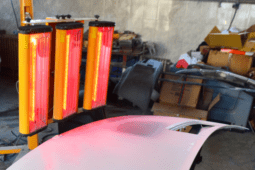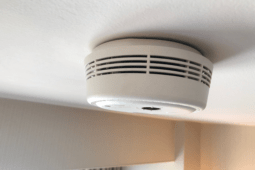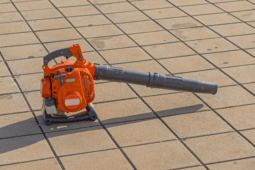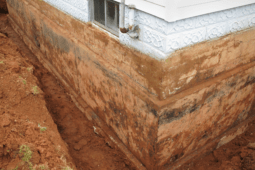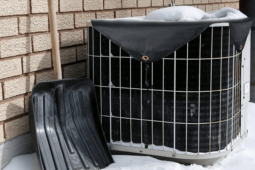11 Surprising Home Maintenance Misconceptions You Should Know
When it comes to maintaining your home, you will hear tons of advice on how short to cut the grass, when to clear out your gutters, or sometimes even how to care for your concrete driveway. However, there are tons of misconceptions about home maintenance that have been passed down across generations that should be addressed now, ensuring you are actually taking care of your home rather than doing the complete opposite.
Let’s explore the 11 most surprising and common misconceptions about home maintenance, which will help you get the best results when keeping your home in tip-top shape.
Vinegar is Safe for All Surfaces
Although vinegar is a popular natural cleaner, it is not safe for all surfaces. Its acidic nature can damage materials like natural stone, waxed wood, and certain metals.
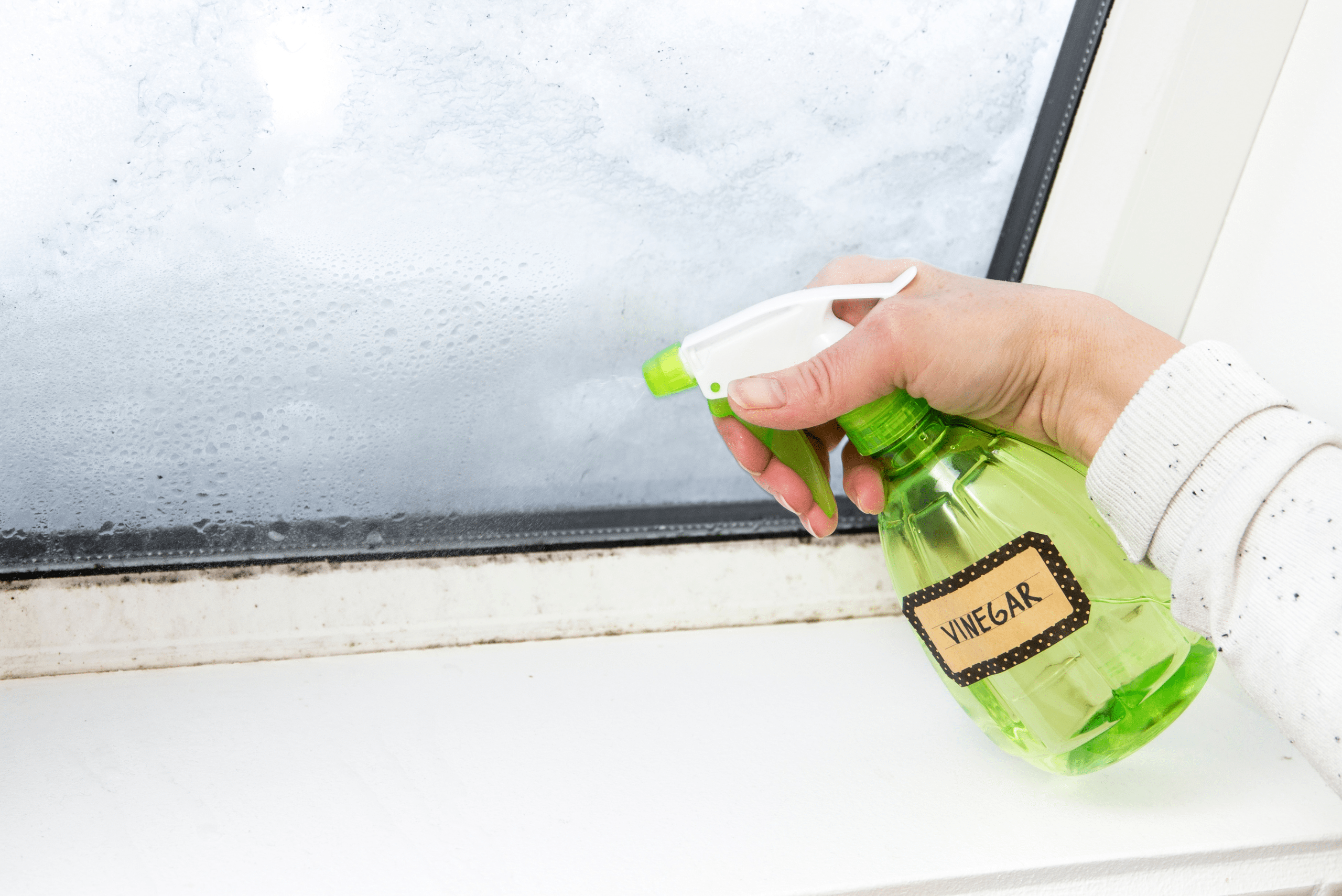
Always test vinegar on a small, inconspicuous area before using it on a larger surface. For delicate materials, it’s better to use pH-neutral cleaners that won’t cause damage.
Closing Vents Saves Energy
Closing vents in unused rooms to save energy is a common misconception that can backfire. Modern HVAC systems are designed to balance airflow throughout the home. Closing vents disrupt this balance, leading to increased pressure and potential damage to the system.
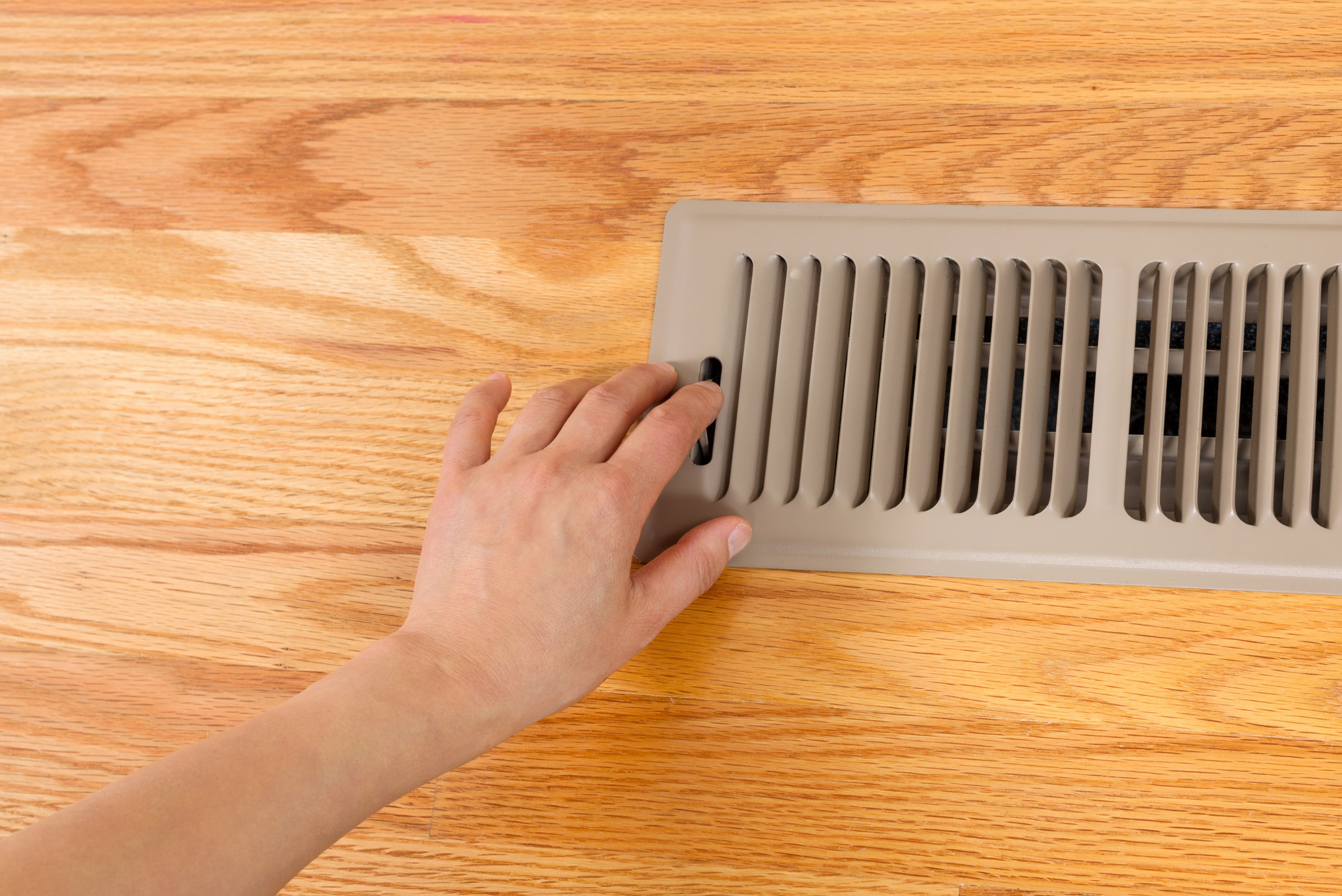
It can also cause some rooms to become too hot or too cold, reducing overall comfort. Instead, consider zoning systems or smart thermostats for more efficient temperature control.
Furnace Filter Annual Change
Many homeowners believe that changing their furnace filter once a year is sufficient. However, this is a myth that can lead to decreased efficiency and higher energy bills.
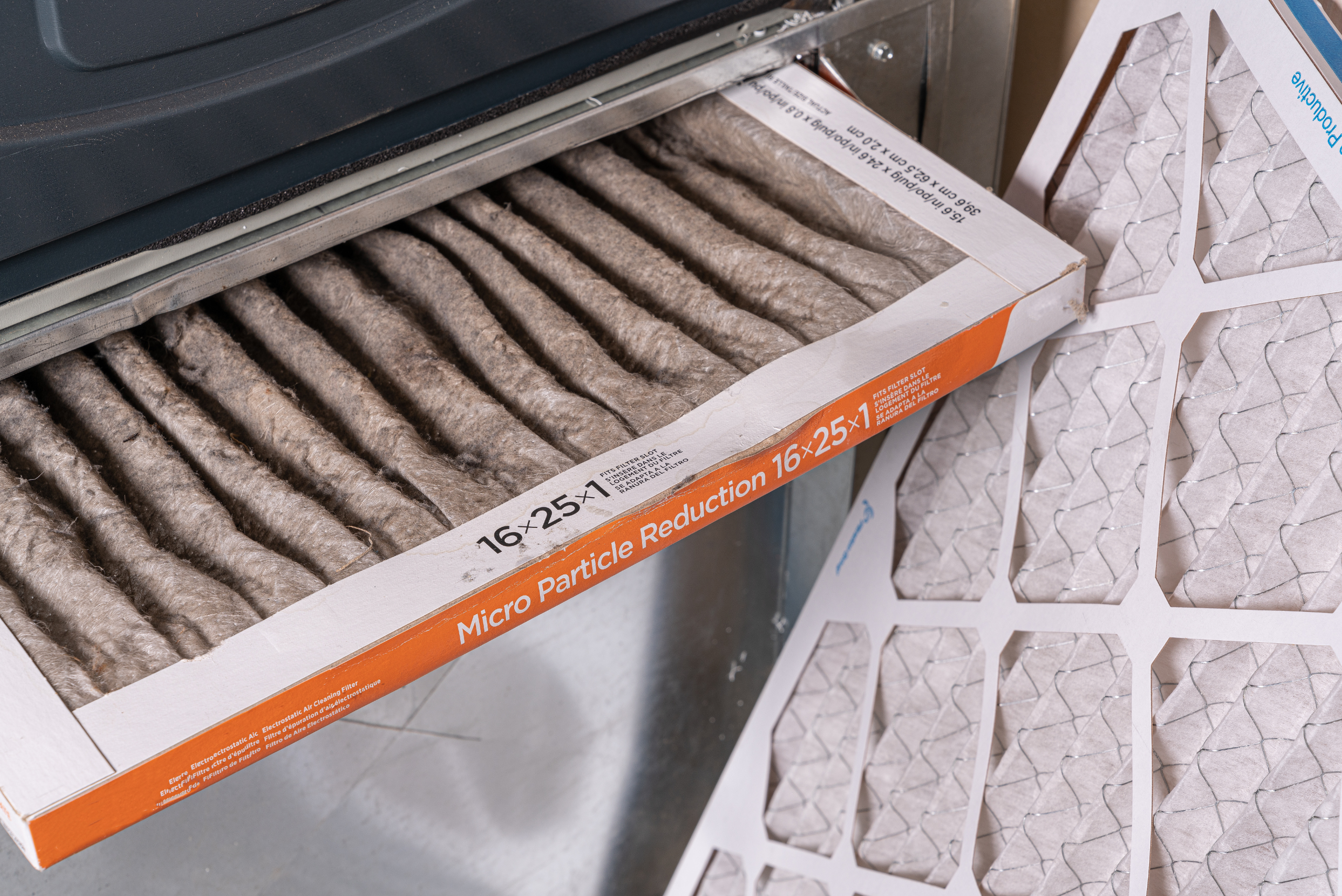
Furnace filters should be checked monthly and replaced every 1-3 months, depending on the type of filter and the household’s air quality. Regularly changing your furnace filter ensures optimal performance, better air quality, and a longer lifespan for your HVAC system.

You Can Add Pool Chemicals at Any Time
The misconception that pool chemicals can be added at any time overlooks the importance of timing and proper procedure. Adding chemicals during the heat of the day or without proper circulation can lead to uneven distribution and reduced effectiveness.

It’s best to add chemicals in the evening or early morning when the pump is running to ensure even distribution and prevent issues like algae growth or chemical imbalances that can harm swimmers and pool equipment.
Asbestos in Your Home Requires Immediate Removal
The presence of asbestos in your home does not always necessitate immediate removal. As long as the asbestos-containing materials are intact and undisturbed, they pose little risk.

Removing asbestos can be hazardous and should only be done by professionals if the materials are damaged or likely to be disturbed during renovations. Encapsulation or proper management can often be safer and more cost-effective solutions.
Dishwashers Are Self Cleaning
While dishwashers do clean your dishes, they are not self-cleaning. Over time, food particles, grease, and soap scum can build up in the dishwasher, affecting its performance and leading to unpleasant odors.
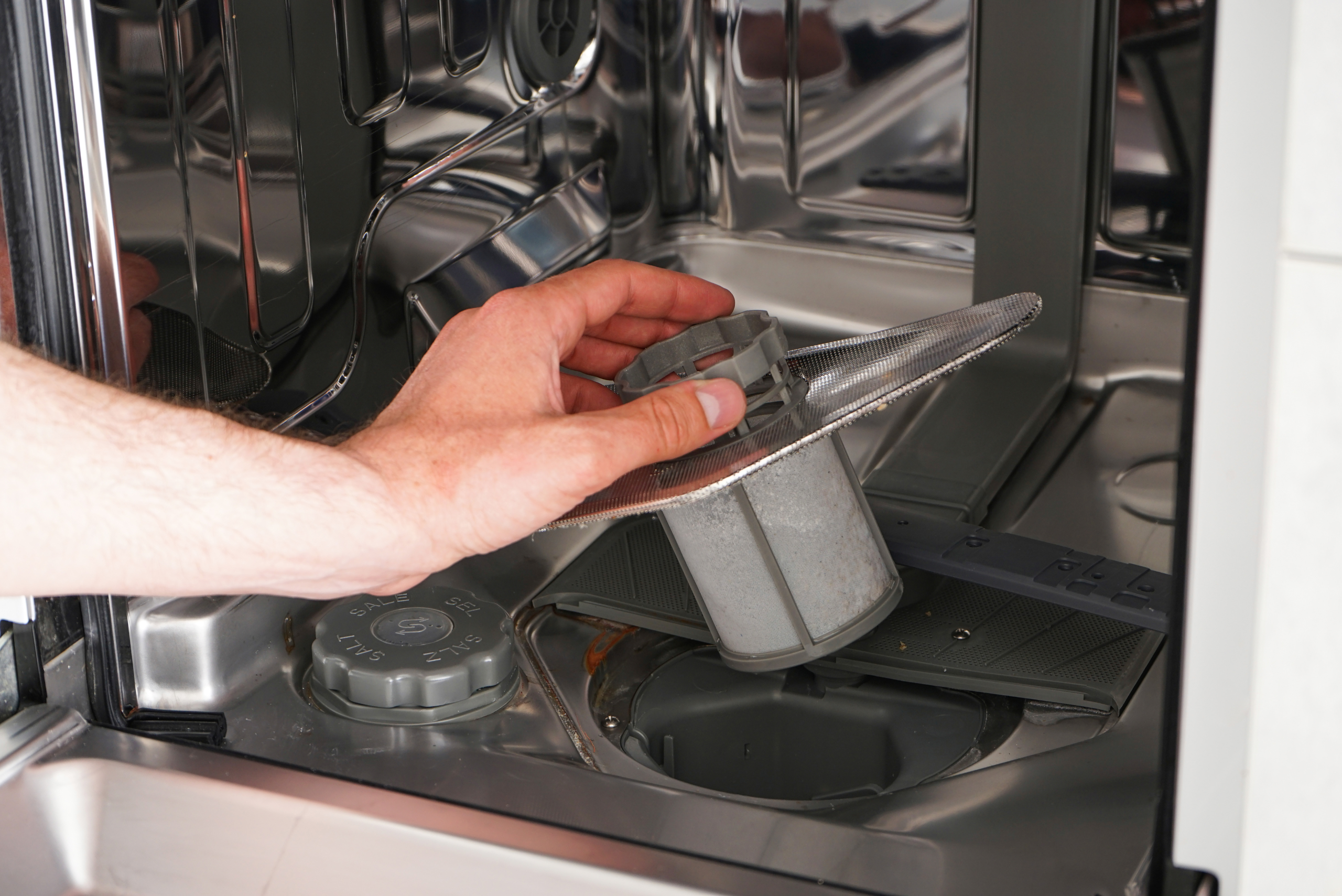
Regular cleaning of the filter, spray arms, and interior surfaces is necessary to maintain efficiency and hygiene. Running a cycle with a dishwasher cleaner or vinegar can help remove buildup and keep your appliance in top condition.
You Can Check Smoke Alarm Using the Button
Pressing the test button on your smoke alarm only confirms that the battery and the alarm sounder are functioning, not that the sensor can detect smoke.
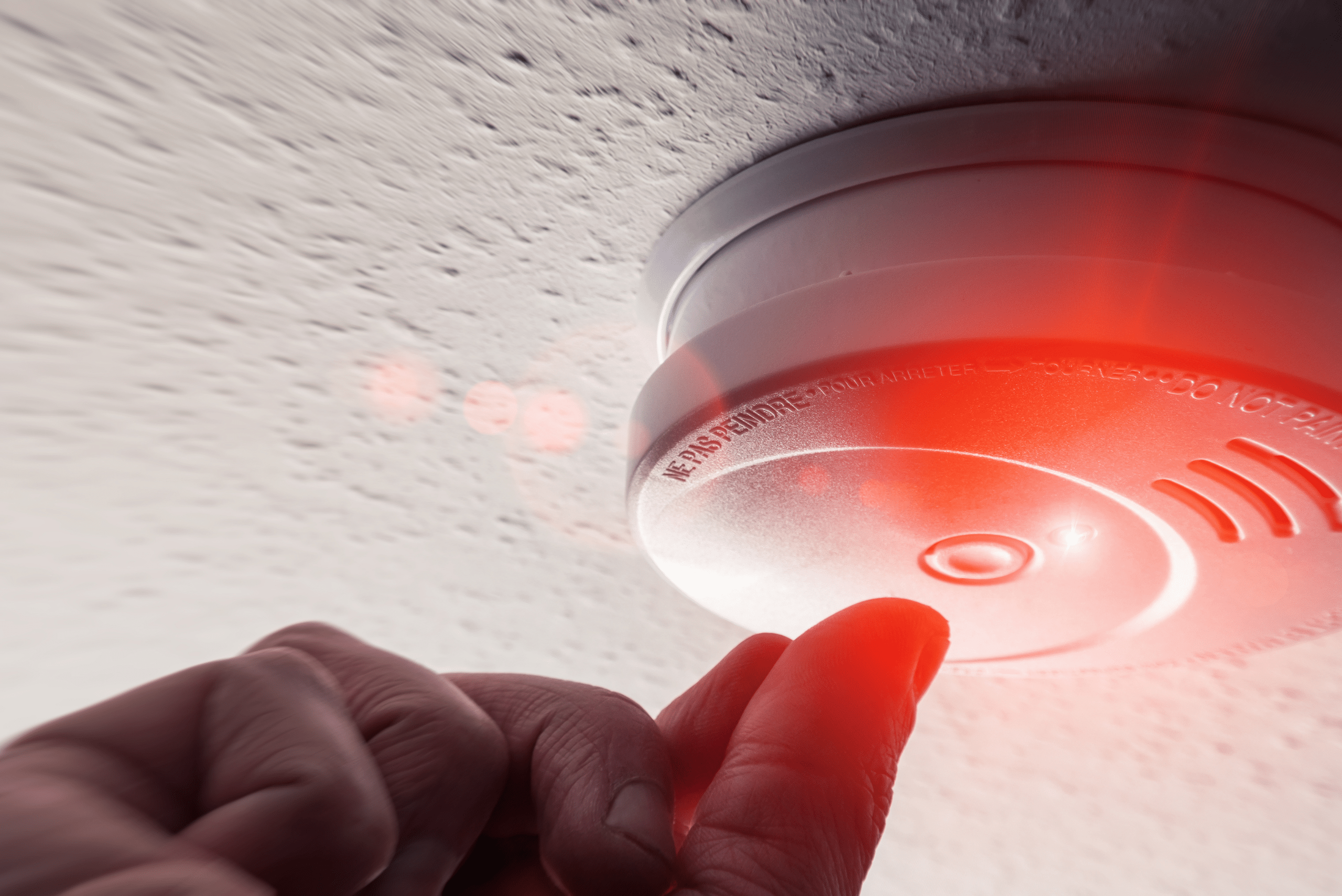
To ensure your smoke alarm is fully operational, you should use real smoke or a smoke alarm test aerosol to verify the sensor’s effectiveness. Regular testing and replacing the alarm every 10 years is crucial for your family’s safety.
Doubling Down on Insulation
Adding more insulation to your home might seem like a surefire way to increase energy efficiency, but more isn’t always better. Over-insulating can reduce ventilation, leading to moisture problems and poor indoor air quality.
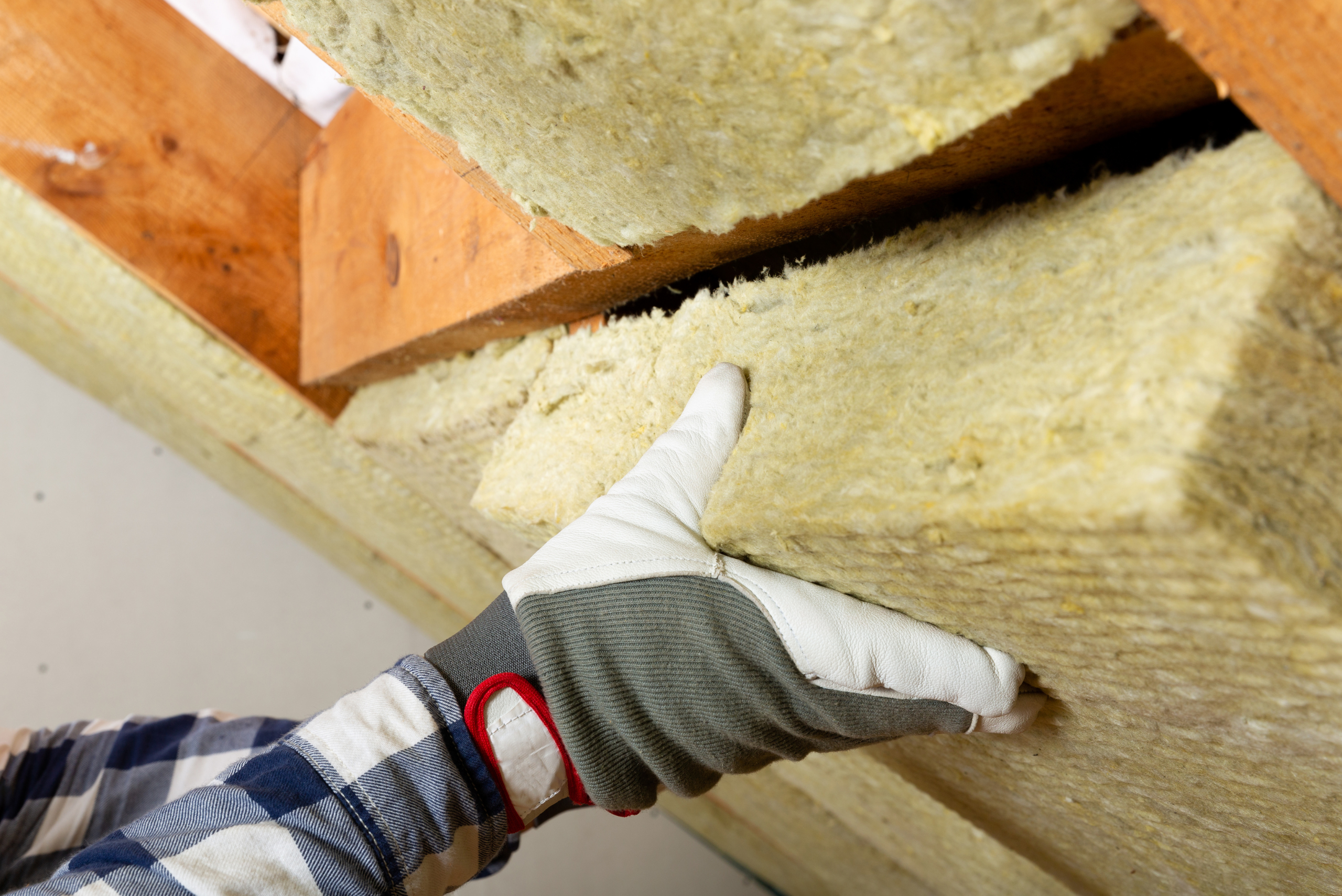
It’s important to find the right balance and use appropriate insulation types for your climate and home design. Consulting with an energy auditor can help determine the optimal insulation levels for your home.
Home Gutters Only Need Clearing in the Fall
While fall is a critical time for gutter maintenance due to falling leaves, gutters should be inspected and cleaned throughout the year. Spring blooms, summer storms, and winter debris can all clog gutters, leading to water damage and structural issues.
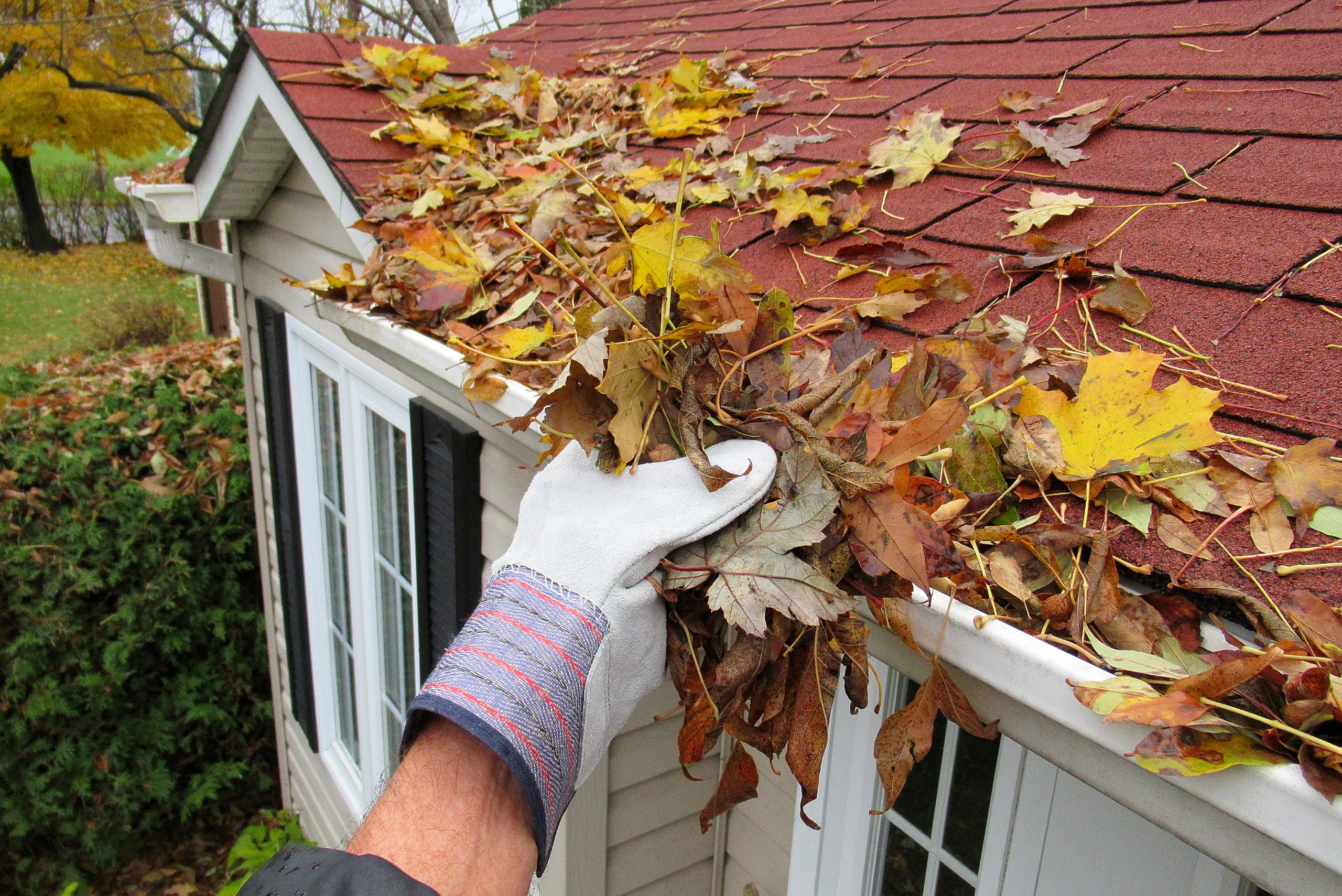
Regular maintenance every few months ensures gutters function properly, protecting your home from potential water-related problems. At a minimum, you should clean your gutters in the summer and fall.
Turning Off Your A/C When Not Home
Turning off your A/C completely when you’re not home can increase energy usage and discomfort. It’s more efficient to set the thermostat to a higher temperature instead of turning the system off entirely.
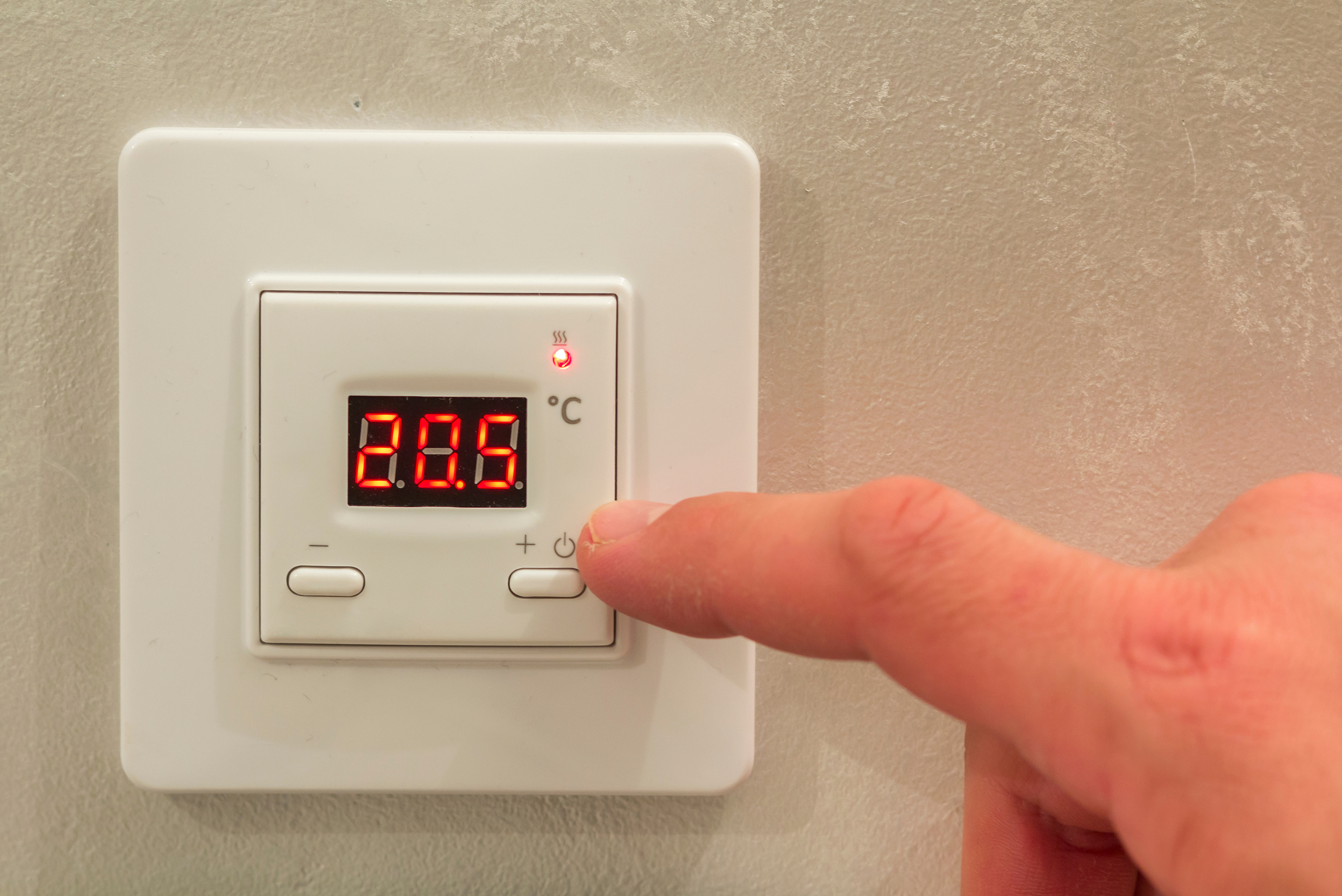
This way, the A/C doesn’t have to work as hard to cool the home down when you return. Using a programmable thermostat can help manage energy use and maintain a comfortable indoor environment.
Cutting Grass Short to Reduce How Often to Mow
Cutting your grass too short is a practice known as scalping, which can damage your lawn by exposing it to stress, weeds, and pests. Grass should be mowed to a height appropriate for its type, usually around 2.5 to 3.5 inches.
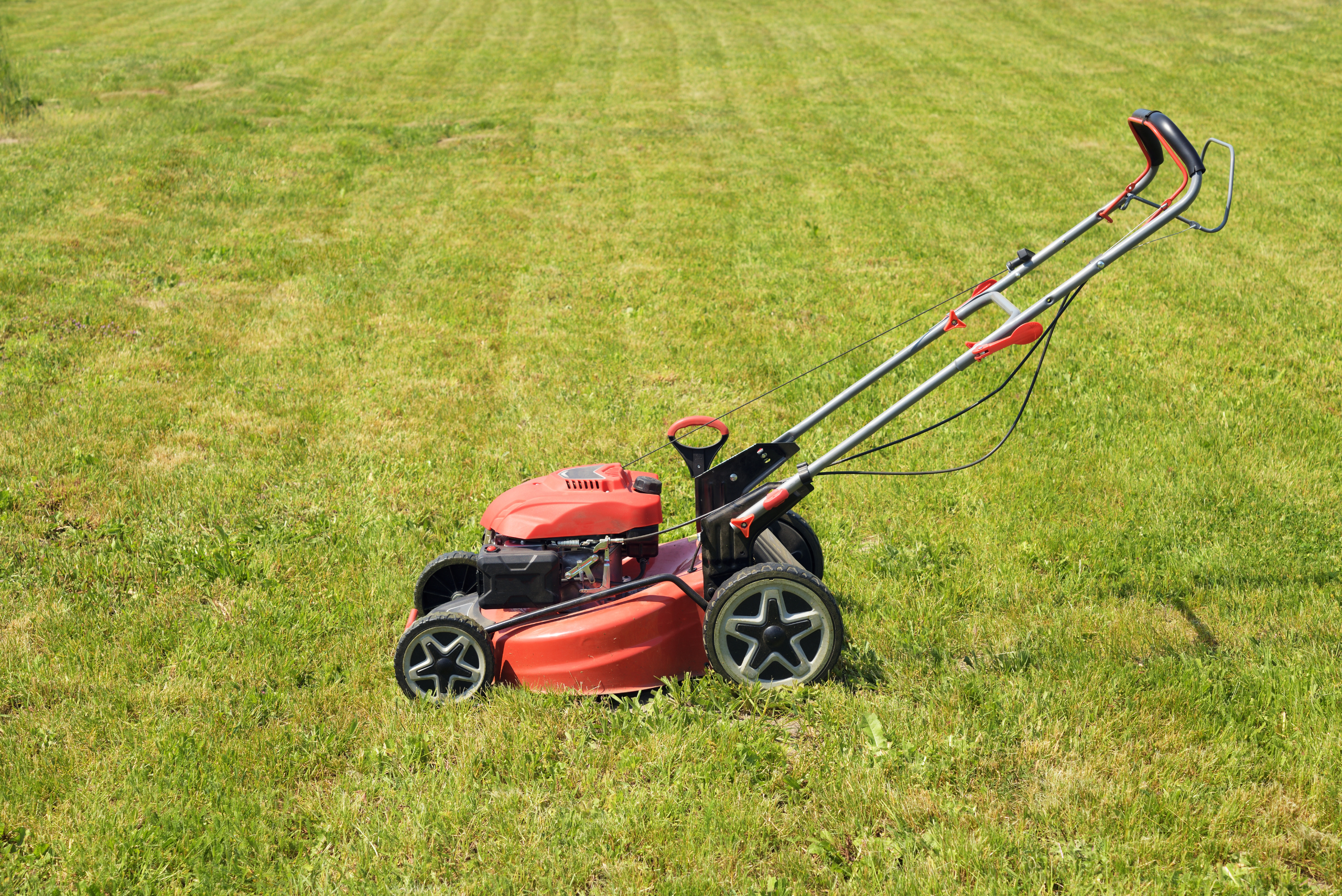
This height helps maintain healthy root systems, retains moisture, and reduces the need for frequent mowing. Proper lawn care practices promote a lush, resilient lawn, and if you are not sure, a good general rule to follow is to cut to 1/3 of the length to avoid going too short.
Related Articles
- How to Splice Wires For DIY Projects Around Your Home
- 8 Home DIY Projects That Will Improve Your Handyman Skills
- How to Improve Water Pressure in Your Home
Understanding and dispelling these home maintenance myths can save you time, money, and effort while ensuring your home remains in top condition. Stay informed and proactive to keep your home running smoothly and efficiently.
Ready to start your next project? Join our DIY community to receive tool tips, how-to guides, and exclusive creative insights. Subscribe to the ManMadeDIY newsletter now! Click here to unlock a world of hands-on inspiration.


